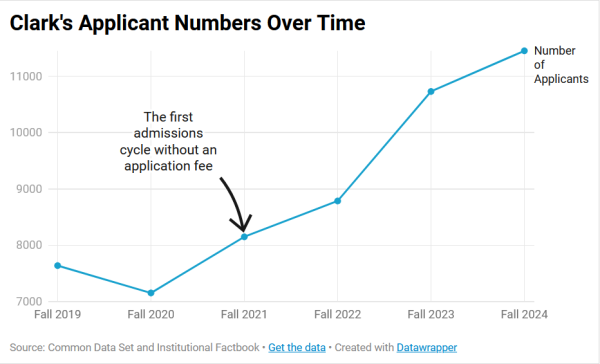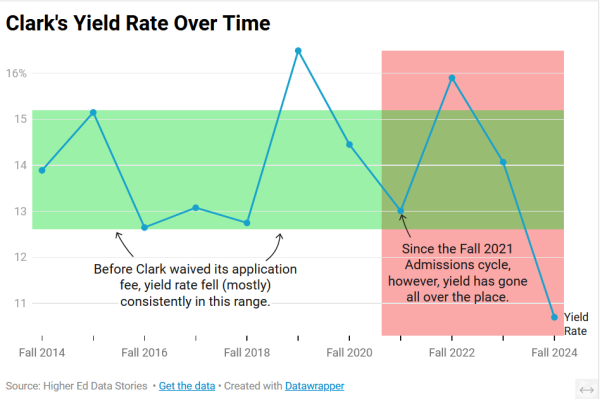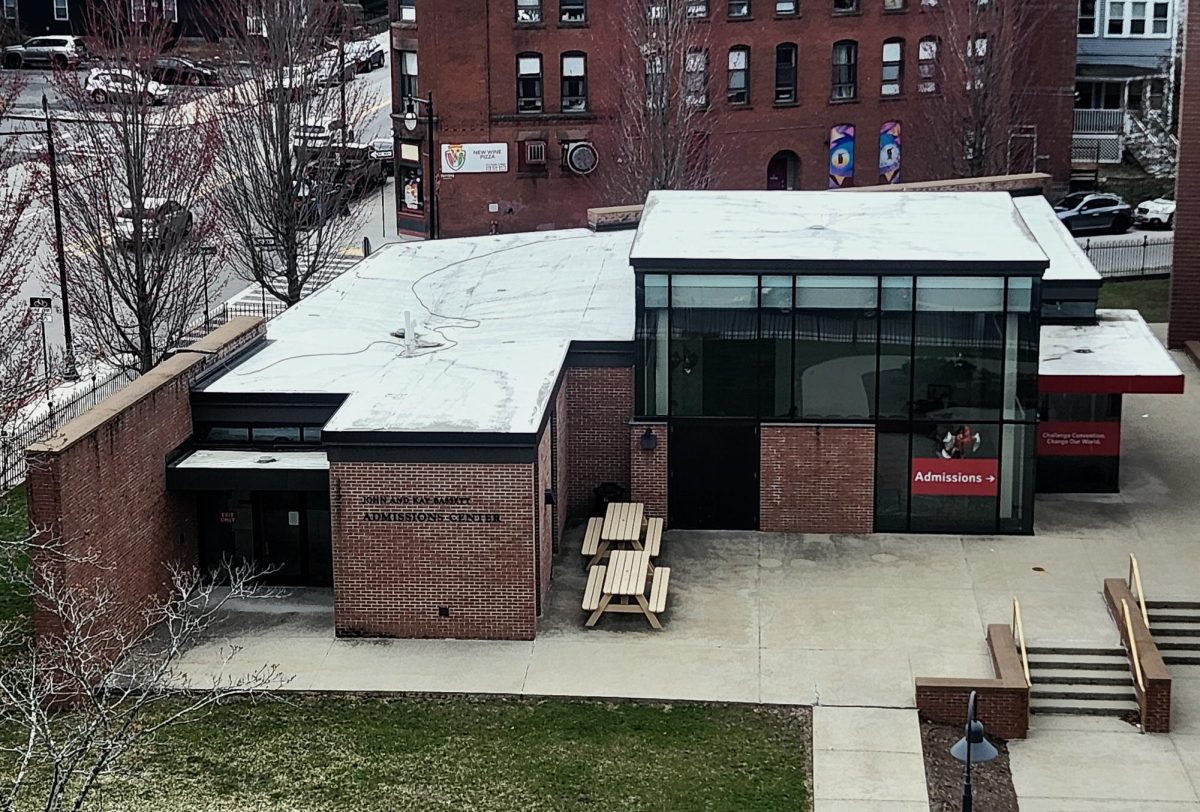Recently, Northeastern University in Boston has gotten a lot of attention for its controversial admissions strategy.
Knowing that most applicants see a college’s acceptance rate as the biggest indicator of its prestige, the university drives its own rate as low as possible. To attract more applicants, Northeastern waives its application fee for most students and has dropped any extra writing supplements.
And it has worked! According to Google, Northeastern’s acceptance rate is 6 percent, on par with the Massachusetts Institute of Technology and most of the Ivy League colleges. The only thing is, the rate isn’t accurate. It is artificial, misleading and certainly does not reflect the actual quality of the university.
By using these tactics, Northeastern is contributing to a mounting problem in college admissions. With applications to schools like Northeastern taking such little effort, students nowadays are applying to more and more colleges, according to Inside Higher Education, skyrocketing application numbers and lowering yield rates. This makes admissions officers’ jobs much harder. They now have to figure out which applicants actually want to attend their college and which are just applying because it is easy to do so.
Some colleges are rejecting overqualified applicants who they think would likely turn them down for a better college. Others are luring students to apply who they know have little chance of actually getting admitted. Meanwhile, this all adds to the anxiety of millions of high school seniors each year, who have to navigate this horrible system.
By manipulating its acceptance rate, Northeastern is using the statistic to misdirect students into applying and even enrolling in the university, all under an illusion of prestige. Simply put, it is “gaming the system.”
And as it turns out, Clark was (and still might be) doing the same thing.
In 2020, Clark waived its $60 application fee for all students. The application did not have any mandatory writing supplements besides the CommonApp personal statement. With a completed CommonApp profile, one could start and submit an application in a couple of minutes.
Just like Northeastern, Clark’s “prestige” has skyrocketed. Its acceptance rate has dropped 20 percent over the last six years, and it has seen a 60 percent increase in applicants since the Fall 2020 admit term. Most of the increase is within tech and business-heavy programs. However, even the hard humanities like History, English and MCA (Media Culture & the Arts) have seen an increase in applicants.

According to an anonymous university administrator, most of this increase can be attributed to international students interested in Clark’s Game Design and Business programs. The administrator claims most of them were not academically qualified to come to Clark, or could not afford its tuition in the first place. Clark might have gotten a lot of applicants, but most of them did not want to or could not come here.
Effectively, these applicants were just tools to advance Clark’s own interests.
Further, Clark’s decisions have repercussions in its operations and student life. The university’s strategy and uncertainty about its admits has produced random, erratic deviations from the norm in Clark’s yield rates (or the percentage of admitted students who end up enrolling). Since 2020, Clark’s yield has become subject to unpredictable, seemingly random peaks and valleys.

Clark’s yield gets interesting comparing it to class sizes. For example, the yield rate for the Fall 2022 admit term was unexpectedly high. Consequently, that freshman cohort was the largest in Clark’s history, making the university squeeze groups of three students in dorm rooms designed for two. Conversely, the unprecedented low yield rate for the Fall 2024 term created a freshman cohort so small some students had double rooms all to themselves, and Clark has had to enact harsh budget cuts primarily due to a shortage in tuition revenue.
Could these be effects of Clark “gaming the system”?
This year, Clark rolled back its strategy and made it somewhat harder to apply, making its 250-word, previously optional writing supplement mandatory again. Maybe they realized the cause of its logistical issues, or maybe it wanted to increase the quality of its applicant pool. Perhaps it just decided to do the right thing, finally showing the system some respect. While the application fee is still absent, the essay finally makes Clark’s application take a bit of effort.
Admissions data for Fall 2025 is not yet available, but hopefully the yield will become more predictable, the Admissions Office won’t have to play a guessing game anymore, and double rooms will continue housing two students at a time. Clark might also see fewer undergraduate applications and thus have to raise acceptance rate–an unpleasant potential byproduct of a necessary change. Ultimately, only time can tell what will happen.
No matter what, it will be exciting to watch Clark’s admissions unfold in today’s changing, trying times. Hopefully it will continue respecting the system.

